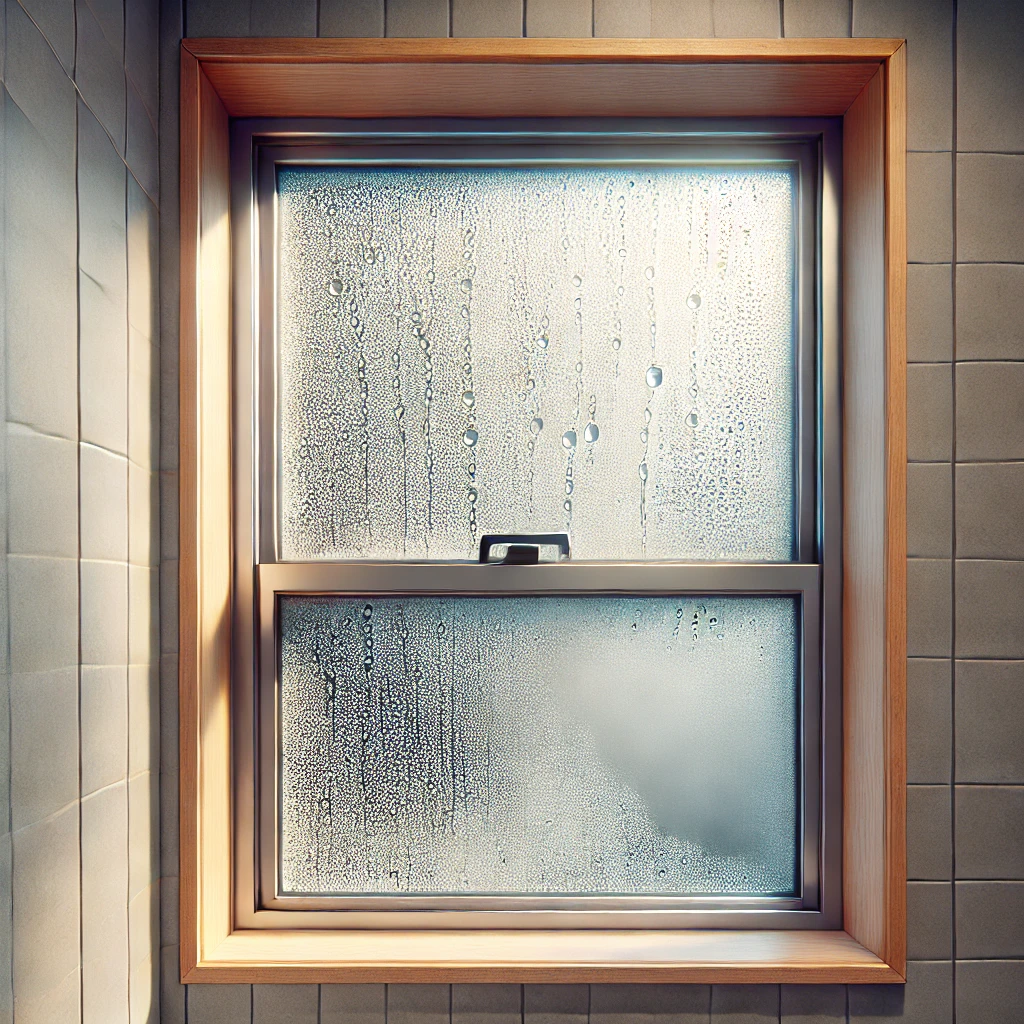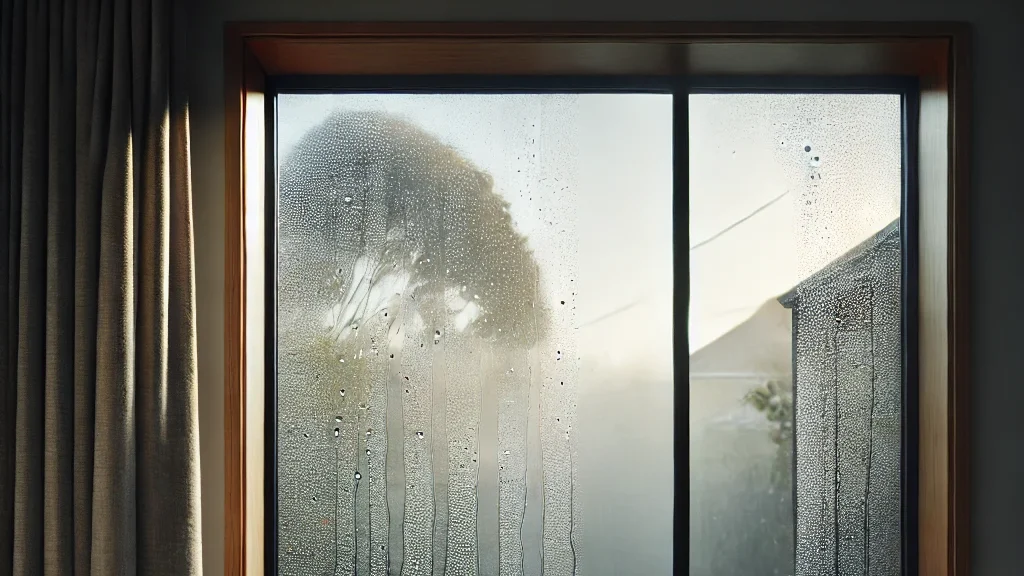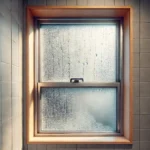Melbourne's unpredictable weather—swinging from hot and muggy to cold and wet—presents unique challenges for maintaining indoor comfort. While air conditioning systems effectively manage temperature, they often fall short in addressing the issue of moisture in the air. This is where dehumidification becomes essential, particularly when it is intelligently integrated with reverse cycle systems, ventilation, and dry mode functions. By understanding how to balance these elements, homeowners can create a more comfortable living environment.
At Beyond Heating and Cooling, we do not sell standalone dehumidifiers, but we specialize in advising our clients throughout Melbourne on effectively managing humidity levels. Our approach emphasizes smart system design, and when necessary, we recommend reputable residential dehumidifiers from trusted brands such as Daikin and Mitsubishi Electric. Our goal is to empower homeowners with the knowledge needed to create a balanced indoor climate.

Understanding How Humidity Affects Indoor Comfort and Energy Costs
Humidity significantly influences how we perceive temperature indoors, making the air feel heavier and warmer than it actually is. Consequently, your air conditioner has to work overtime to compensate for this perception, often cooling the air more than necessary to achieve a comfortable environment. This extra effort not only strains your AC system but also leads to higher energy consumption and rising power bills. By implementing dehumidification, you can alleviate this burden, lighten the air inside your home, and ultimately reduce the strain on your air conditioning system, enhancing both comfort and energy efficiency.
In many homes across Melbourne, especially those situated in inner suburbs or bayside areas with limited natural ventilation, the impact of humidity can be particularly pronounced. This is where the benefit of reducing moisture levels becomes even more apparent, leading to an overall more comfortable living space.
Maximizing Comfort with Dry Mode in Modern Air Conditioning Systems
Many modern reverse cycle air conditioners feature a dry mode, which is specifically designed to lower indoor humidity levels. This mode operates by running the fan and compressor intermittently, effectively reducing moisture in the air. It proves particularly useful during mildly humid conditions, making it an excellent choice for transitional seasons like spring and autumn.
However, it's important to note that dry mode has its limitations:
- It is only effective within a narrow range of temperature and humidity levels.
- It extracts moisture at a slower rate compared to dedicated dehumidification units.
- It may struggle to cope in environments with persistent moisture issues.
If you notice visible condensation, experience musty smells, or have damp-prone areas in your home, relying solely on dry mode may not be sufficient. In such cases, investing in a dedicated dehumidification solution or exploring home improvement options may be necessary to achieve a comfortable indoor climate.
Enhancing Indoor Air Quality with Additional Dehumidification Solutions
At Beyond Heating and Cooling, we do not directly supply or retail residential dehumidifiers. However, we are dedicated to advising Melbourne homeowners on the optimal usage of dehumidifiers in conjunction with their heating and cooling systems. Our expertise allows us to recommend the best practices for integrating these devices into your home environment effectively.
Some of the leading residential dehumidifier options available on the market include:
- Daikin’s comprehensive Dehumidifier Range
- High-quality Mitsubishi Electric Dehumidifiers
These standalone units can be particularly beneficial in high-humidity zones within your home, including:
- Bathrooms that lack windows or proper ventilation systems
- Laundries where clothes are frequently dried indoors, contributing to moisture buildup
- Bedrooms that suffer from inadequate air circulation

Creating a Balanced Environment Through Effective Ventilation Strategies
While dehumidifiers are vital for reducing moisture levels, ventilation plays a critical role in preventing humidity from accumulating in the first place. Homes that are tightly sealed, equipped with double glazing, and lacking adequate air movement can trap moisture, leading to serious issues such as mould growth and condensation.
This is why we prioritize incorporating ventilation knowledge into our heating and cooling designs, particularly when implementing your reverse cycle air conditioning systems. In many cases, effective ventilation can significantly reduce the need for additional dehumidifiers.
Addressing Humidity Challenges During Melbourne’s Wet Winter Months
As winter descends upon Melbourne, many households turn on their heaters and seal off windows and doors to retain warmth. Unfortunately, this practice can trap moist air indoors, resulting in:
- Condensation forming on windows
- Rooms developing a musty smell
- Potential mould growth in corners and behind furniture
To combat these issues, a well-designed reverse cycle system combined with, if needed, a standalone dehumidifier can create a healthier indoor environment that remains dry, warm, and resistant to mould. This approach not only enhances comfort but also promotes better air quality during the damp winter months.

Embracing a Holistic Approach to Humidity Management
Our focus at Beyond Heating and Cooling is on what we excel at—designing comprehensive indoor comfort systems. Whether you require enhanced airflow, optimization of your reverse cycle systems, or insights into managing humidity hotspots, we offer practical, evidence-based solutions tailored to your unique living space.
If we determine that a standalone dehumidifier would enhance your indoor climate, we will guide you towards the most reliable residential models and explain how to integrate them effectively into your home. Don’t hesitate to reach out to us today for assistance in planning your ducted heating and cooling solutions—call 1800 239 663 or complete our Contact form for a personalized quote.
Why Dehumidification Matters When Air Conditioning Your Melbourne Home



Your insights on the challenges posed by Melbourne’s erratic weather are particularly resonant, especially given how often we find ourselves navigating those quick shifts from heat to chill. As someone who has experienced firsthand the discomfort that can arise from high humidity levels indoors, I appreciate your emphasis on not just temperature control but also on moisture management.
Your insights about managing indoor comfort in Melbourne’s unpredictable weather resonate with many of us who have experienced the relentless swings between sweltering heat and sudden downpours. It’s interesting how our climate not only demands effective temperature control but also calls for diligent humidity management, which can often be overlooked in the hustle of daily life.
Your exploration of Melbourne’s weather challenges highlights an often overlooked but crucial aspect of indoor comfort—humidity control. As someone who has lived through the city’s erratic climate, I can attest to the struggle of managing both temperature and moisture levels. It’s fascinating how air conditioning can optimize temperature but may inadvertently exacerbate humidity if not integrated thoughtfully.